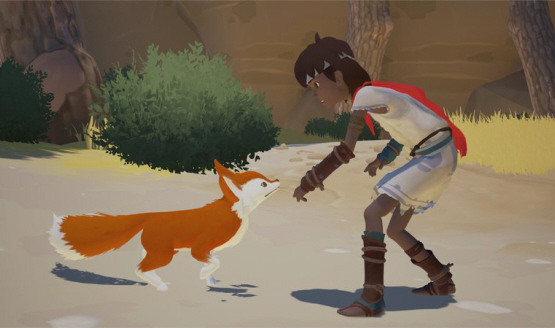Washed up on a beach, a young child in a tattered red cloak surveys the world around them. A bright and sunny island greets them, and their focus is inexplicably drawn to a large tower in the center. This is where Rime (stylized RiME) starts, and without saying a word, you set off to explore the unfamiliar, yet nonthreatening surroundings. Rime immediately asks a series questions that incite a search for answers. What is this island? What is the tower? Who is this child in the red cloak and why were they lying face down on a beach? Those answers are discovered, and yet throughout Rime, nary a word is spoken.
Rime’s story is presented simply and effectively, using visual cues to fuel the search for answers and to encourage an emotional connection with the narrative. It’s paced in such a way that it never feels like there are long, dull stretches without intrigue. The pseudo open world has a variety of nooks and crannies begging for exploration, and certain elements in the environment won’t become clear until a second play through. Changes to the setting are frequent as you solve puzzles and move forward, keeping a particular level of curiosity piqued, while also being central to the themes that each section of Rime delivers. Even if it’s not apparent while playing, the ending makes everything clear and made me immediately want to replay, not only to discover additional secrets hidden on the island, but to also make the journey with the full understanding of the message that was being delivered.
One of the biggest problems with games that try to establish an emotional connection is that gameplay often suffers at the expense of trying too hard to make the player feel something, puzzles feeling like an afterthought instead of ingrained in to the world and story. Rime manages to avoid this common trap. Largely environmental in nature, the puzzles always feel like a proper part of the world, rather than an added layer on top to give gamers something to do. Figuring out how to navigate the island is the puzzle. It’s not entirely an open world, but it never feels like it is obviously guiding you down a specific path, letting you explore each area at your leisure.
The puzzles consist of a mixture of exploration and figuring out what you need to do to move forward. One puzzle has you rolling a ball that changes the time of day, lining up shadows to open the path forward. Others have you figuring out how to navigate a series of ruins in order to get to a small statue. Yet another segment has you avoiding being outside, seeking cover from a mean bird-like creature. The puzzles never reached a point of being mind breaking and difficult, but there were some fun ones that gave me pause as I thought up their solutions. As much as I would have liked the puzzles to test my mind a bit more, Rime isn’t designed to be a difficult puzzle game. It’s centered on the deeply emotional story it has to tell, and frustrating puzzles would get in the way of delivering its message effectively.
Emotional Beauty
Rime feels like a mix between something like Journey or The Legend of Zelda: Wind Waker and a Fumito Ueda (The Last Guardian, Shadow of the Colossus) game. It’s artistically stunning, striking a painterly look that avoids coming across as a cheap visual trick. A progressive day night cycle actually changes the color palette of the world, and moving through Rime brings different environments that are designed to evoke different emotions. The pacing always managed to bring a fresh element to the visuals or puzzles that ensured Rime never got boring. I always remained engaged in the silent narrative and the beautiful world, which is key to making the emotional connection that they want to make and to bring more than a tear or two before the end.
There are some performance issues I encountered that did distract. Frame rates would periodically stutter and dip at a noticeable level, something that did end up detracting from the visual wonder Rime is otherwise. Running can also feel a little bit slowly, particularly when going off to explore far corners of each area. Getting back to the intended path can feel like a bit of a chore because there is no run button that allows for faster environmental traversal. It’s not as bad as something like Everybody’s Gone to the Rapture, but it tends to demotivate from exploring to find the little collectibles that help to enhance the story.
It would be a crime to talk about Rime without taking the time to mention the soundtrack. The music of Rime is the tying thread that binds the bright visuals and the deep themes together. Rime’s solemn and swelling soundtrack becomes the words in a wordless game, helping to tell the story to the player by creating a deep connection through every note. Through every beat of Rime’s excellent pacing, the soundtrack is there to provide a foundation and backing for the feelings it is trying to deliver.
Rime is a game about loss. Rime is a game about grief. Rime is a game that I’m not ashamed to say made me cry. It’s a beautiful journey and doesn’t seek to simply entertain, but rather to touch the player’s soul on a deeply emotional level through engagement and interaction. On the surface Rime is a great looking adventure full of puzzles set in a mysterious and living environment. At its core, Rime is something so much more. By weaving stunning art and engaging gameplay with a brutally emotional narrative, Rime blurs the line between touching the heart and entertaining the player in a way that few games have truly achieved.
Rime review code provided by publisher. Reviewed on PS4. For more information on scoring, please read our Review Policy.
-
Strong emotional story
-
Gameplay tied to the world
-
Sense of freedom with subtle guidance
-
The soundtrack
-
Brief frame stutters
-
Walking speed can feel slow while exploring a lot.
Rime info dump
-
Rime - EYNTK
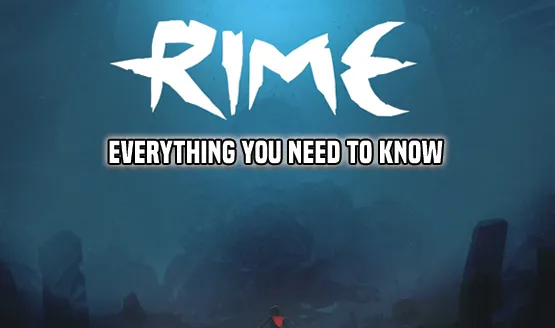
With May 26 fast approaching, PSLS has compiled everything you need to know about Rime. Let's get to it.
-
What is Rime?
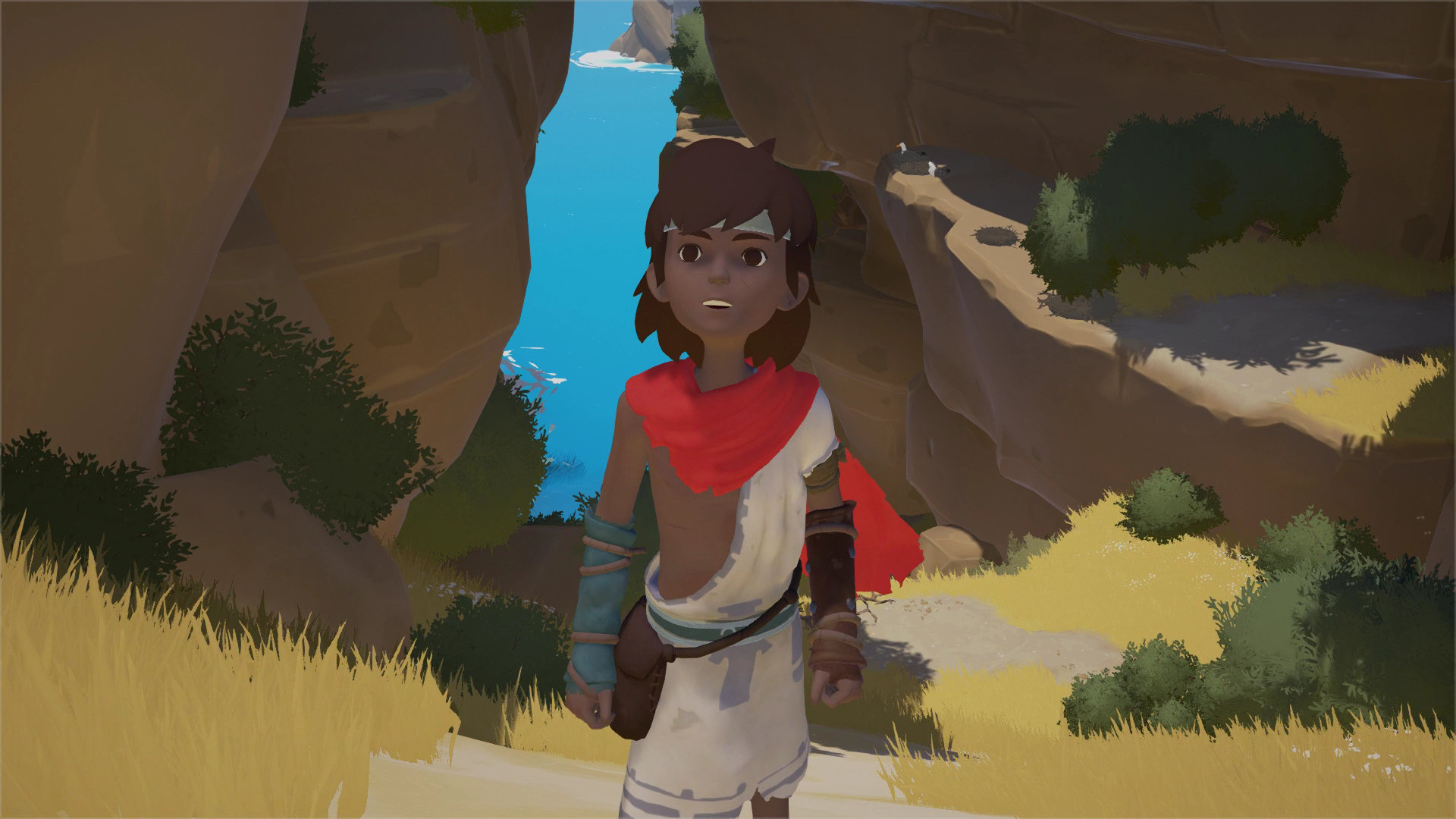
It's the long-in-development adventure game from Tequila Works and one that draws inspiration from Ico and The Legend of Zelda.
The official description reads as so:
"Shipwrecked on a mysterious island with no memory of your past, use your wits - and the guidance of a companionable fox - to unlock the secrets buried beneath its ancient monuments.
"Inspired by the stunning, sun-soaked locales of the mediterranean, this enigmatic island is yours to explore as you choose. Piece together its history as you move between long-forgotten ruins and dramatic coastlines, keeping a watchful eye for danger.
"Unlock the riddles of the island using light, sound, perspective and even time itself to uncover the solutions and progress onwards. Secrets and collectibles are dotted throughout the environment giving clues to your past and revealing the island's own enchanted history."
-
What’s the Story?
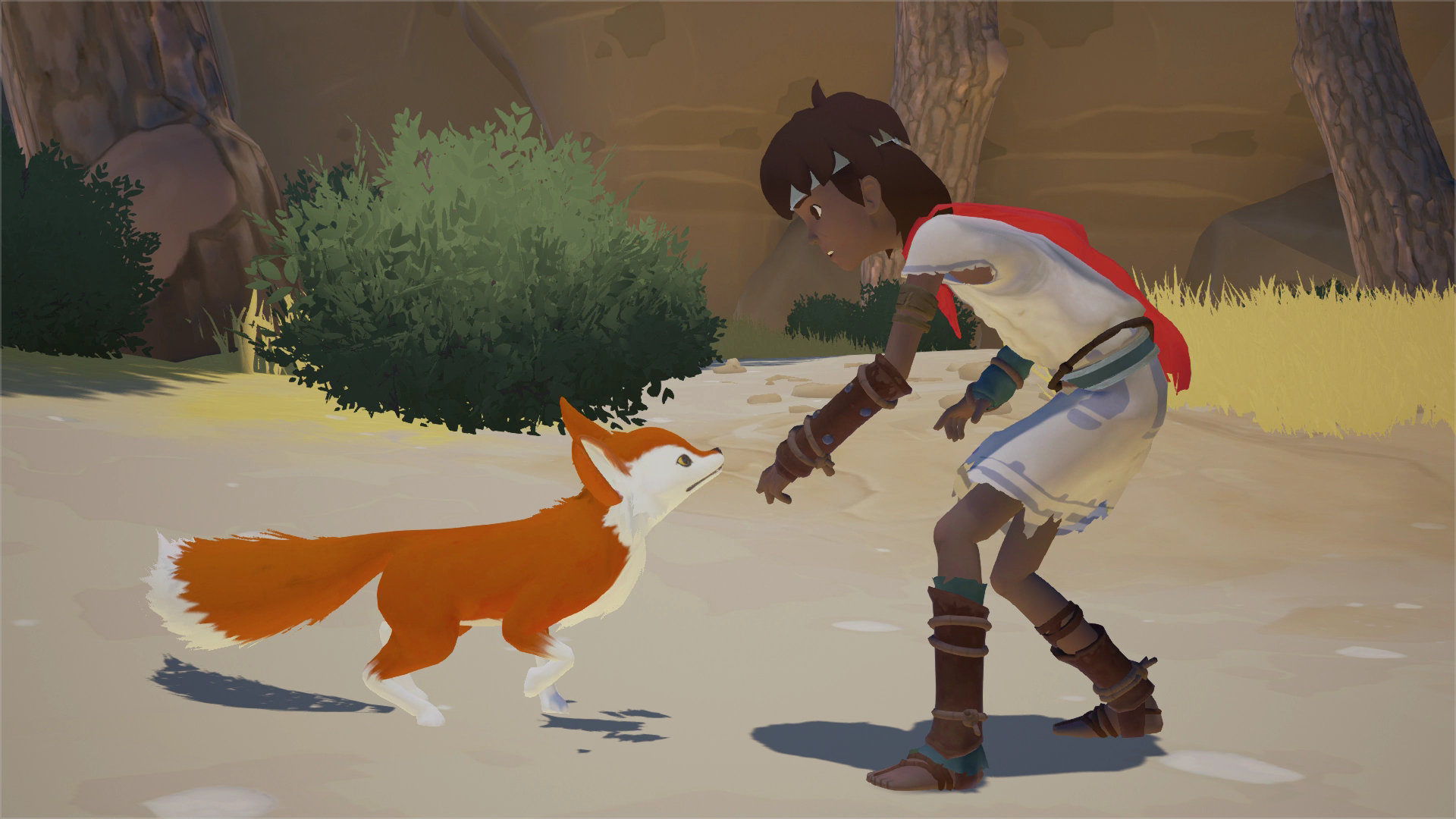
Hatched under the rather lovely title Echoes of Siren, Rime began life as an XBLA exclusive. But according to Tequila, the project simply couldn't "adapt" to Xbox One:
"In [Microsoft’s] defense, it has to be said that they didn’t passed on it at first; project had been greenlighted and only when Xbox One plans made public and project couldn’t adapt, it was decided not to carry on and we moved it with other publishers."
-
But What's the ACTUAL Story?
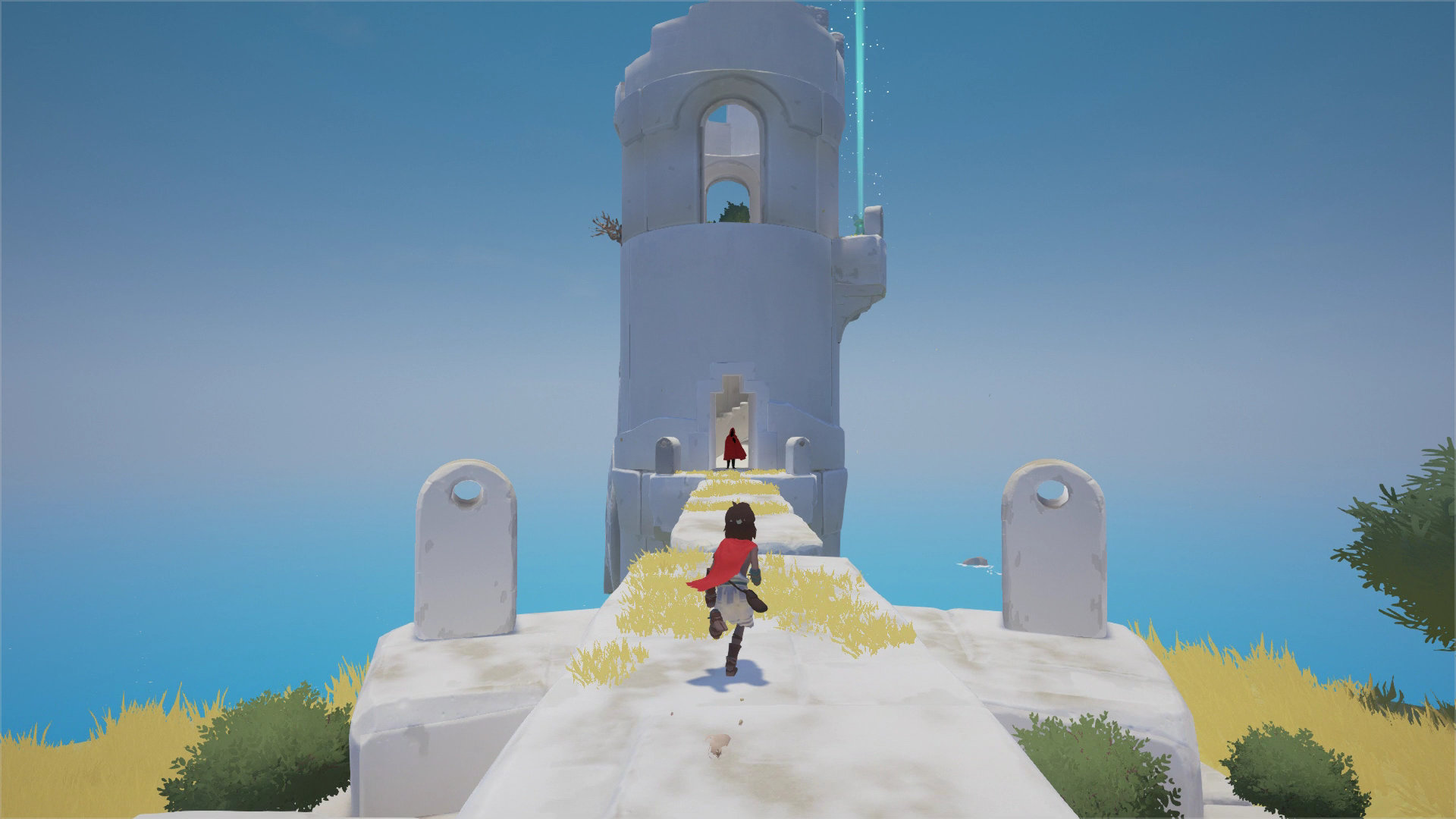
Story-wise, you play as a young boy washed up on a idyllic island. There's no Rime or reason for your enchanting detour, and it's only when you begin to explore your fantastical surroundings that the layers of Tequila's story will begin to unfold.
"Rime is a single-player puzzle adventure game about discovery, experienced through the eyes of a young boy who awakens on a mysterious island after shipwrecking off its coast. Players must navigate the island’s secrets by making use of light, sound, perspective and even time. Inspired by the rugged, sunbaked terrain of the Mediterranean coast, Rime paints its breathtaking world with a fusion of vibrant colours and moving musical undertones to set the stage for the deeply personal journey that awaits within."
-
How Does it Play?
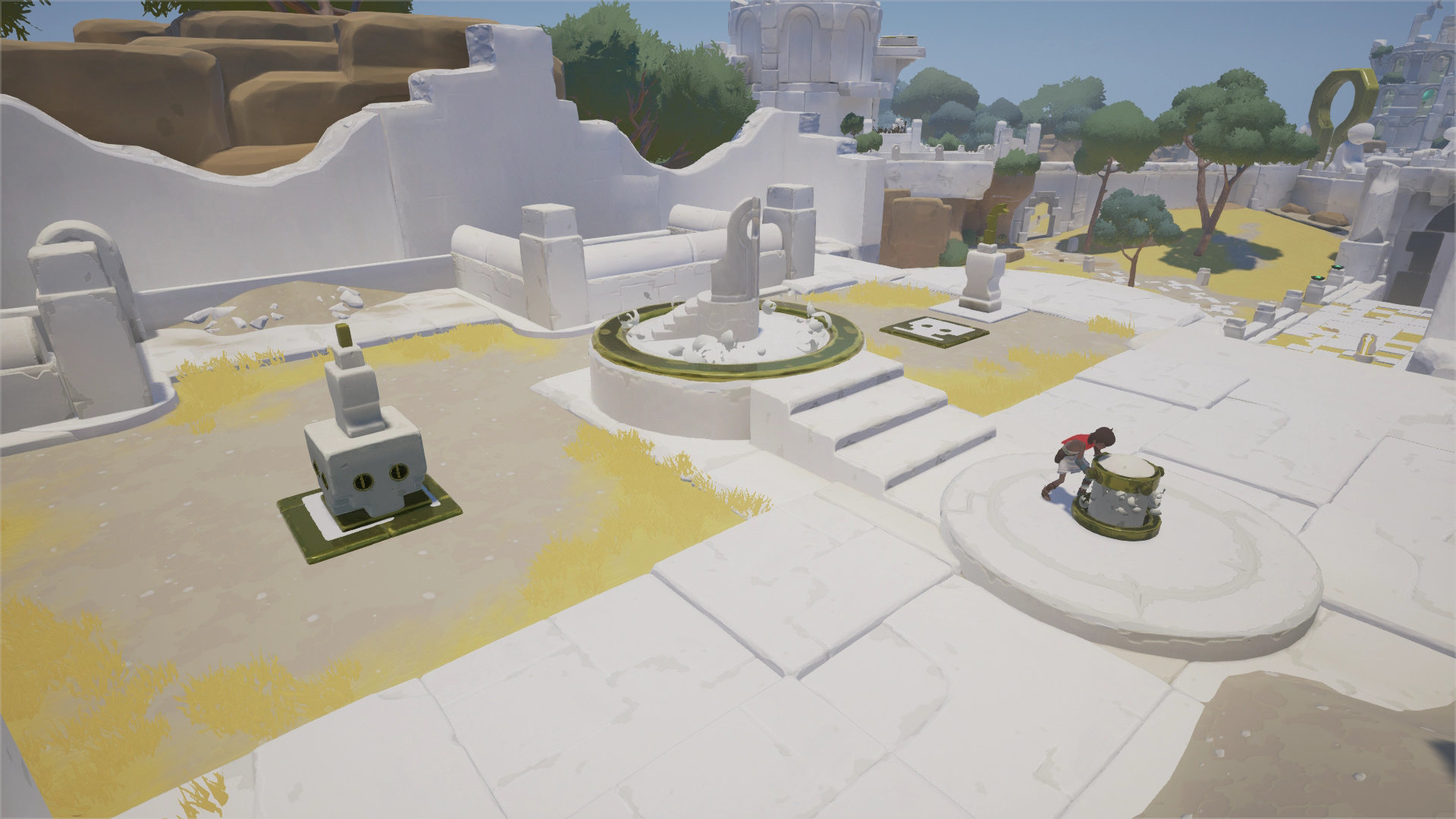
Rime is, in essence, a third-person puzzle-platformer in which players wash up on a beautiful, yet oddly mysterious island. In anticipation of D-day, Tequila has identified the four pillars of Rime’s gameplay:
- Explore – Discover the mysterious island at your own pace. Interact with wildlife, search for hidden items or simply take in the sights and sounds.
- Solve Puzzles – Make your way through the ancient ruins by solving puzzles with sound, light, perspective, platforming, and even time manipulation.
- Find Secrets – Dive deeper into the boy’s backstory by uncovering dozens of secrets and collectables.
- Be Enchanted – Take in beautiful, Mediterranean-inspired terrain complemented by the captivating music of David García Díaz.
-
Echoes of Siren
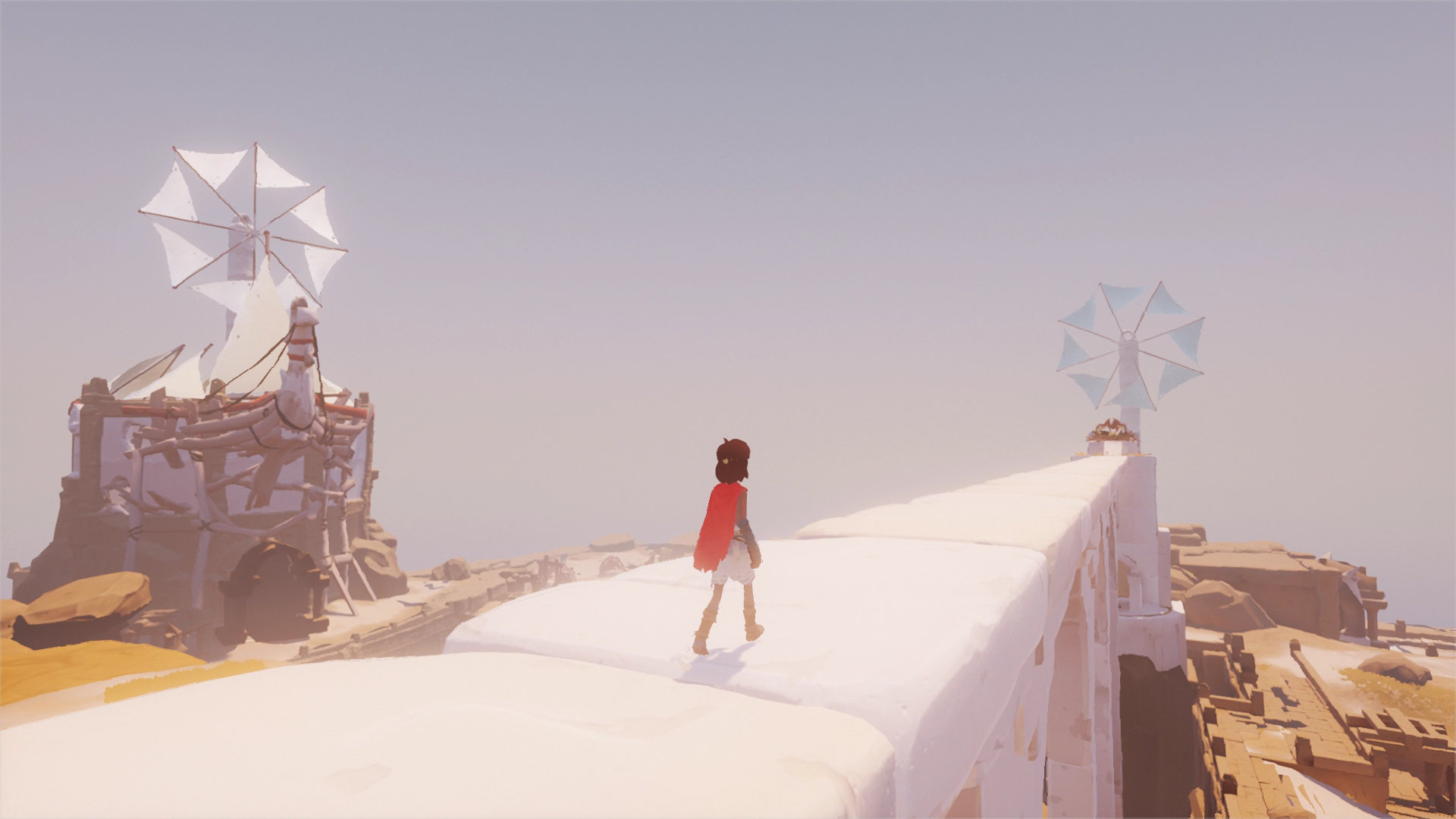
Before Tequila's Deadlight follow-up was overhauled, Rime flickered into life under the title Echoes of Siren, when the Spanish dev envisioned a third-person isometric RPG, one that included a day/night cycle and even elements of tower defense. Rime has come an awful long way since, which brings us to...
-
From Microsoft to Sony
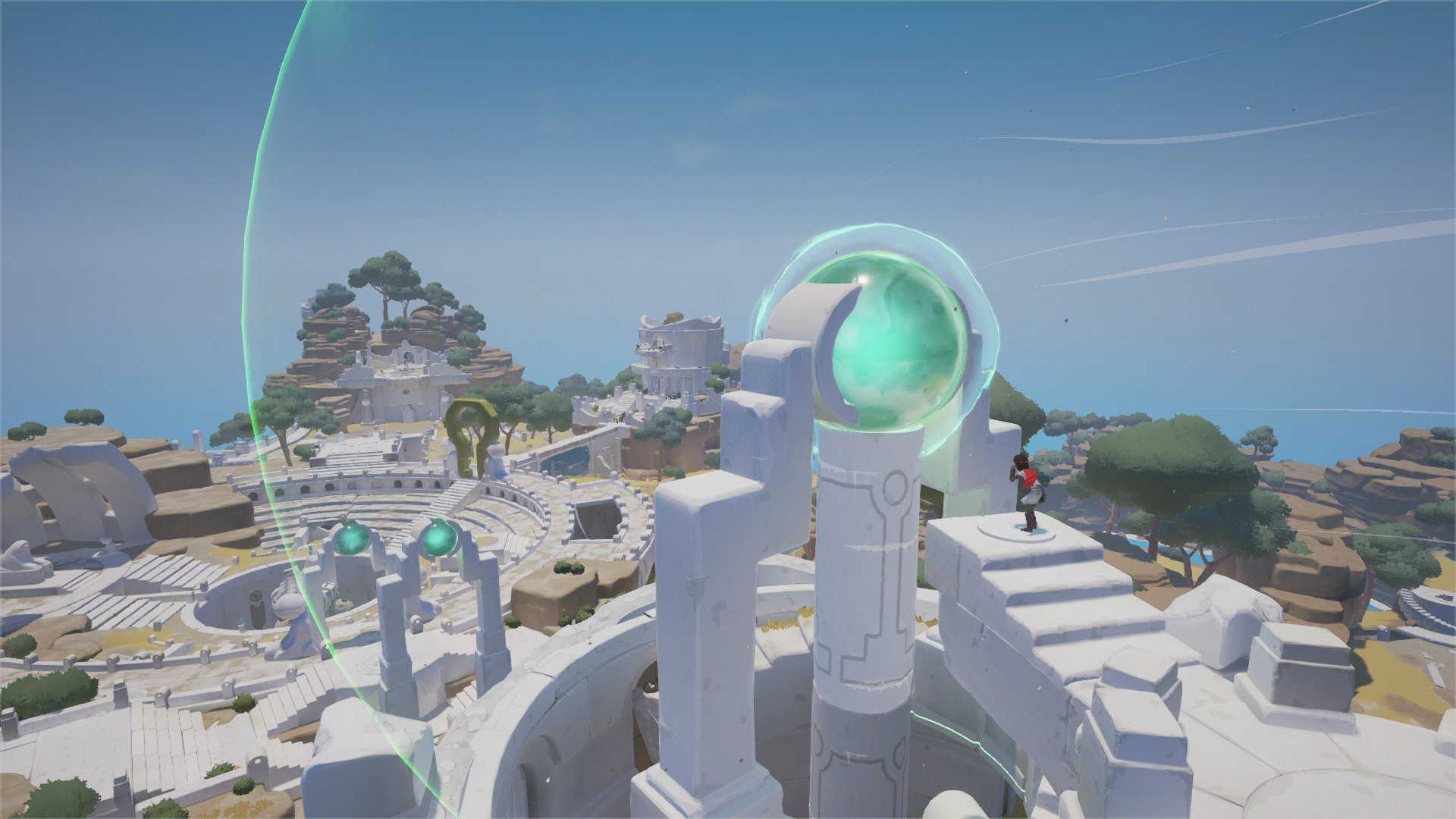
Back when it was known as Echoes of Siren, Microsoft initially green lit Tequila's sun-kissed platformer with the intention of making it an exclusive Xbox Live Arcade title, along with the possibility of a Windows port. Those plans came to a halt when Rime couldn't "adjust" to the Xbox One platform and XBLA, which placed a particular emphasis on social gaming at the time.
-
From PS4 Exclusive to Multiplatform
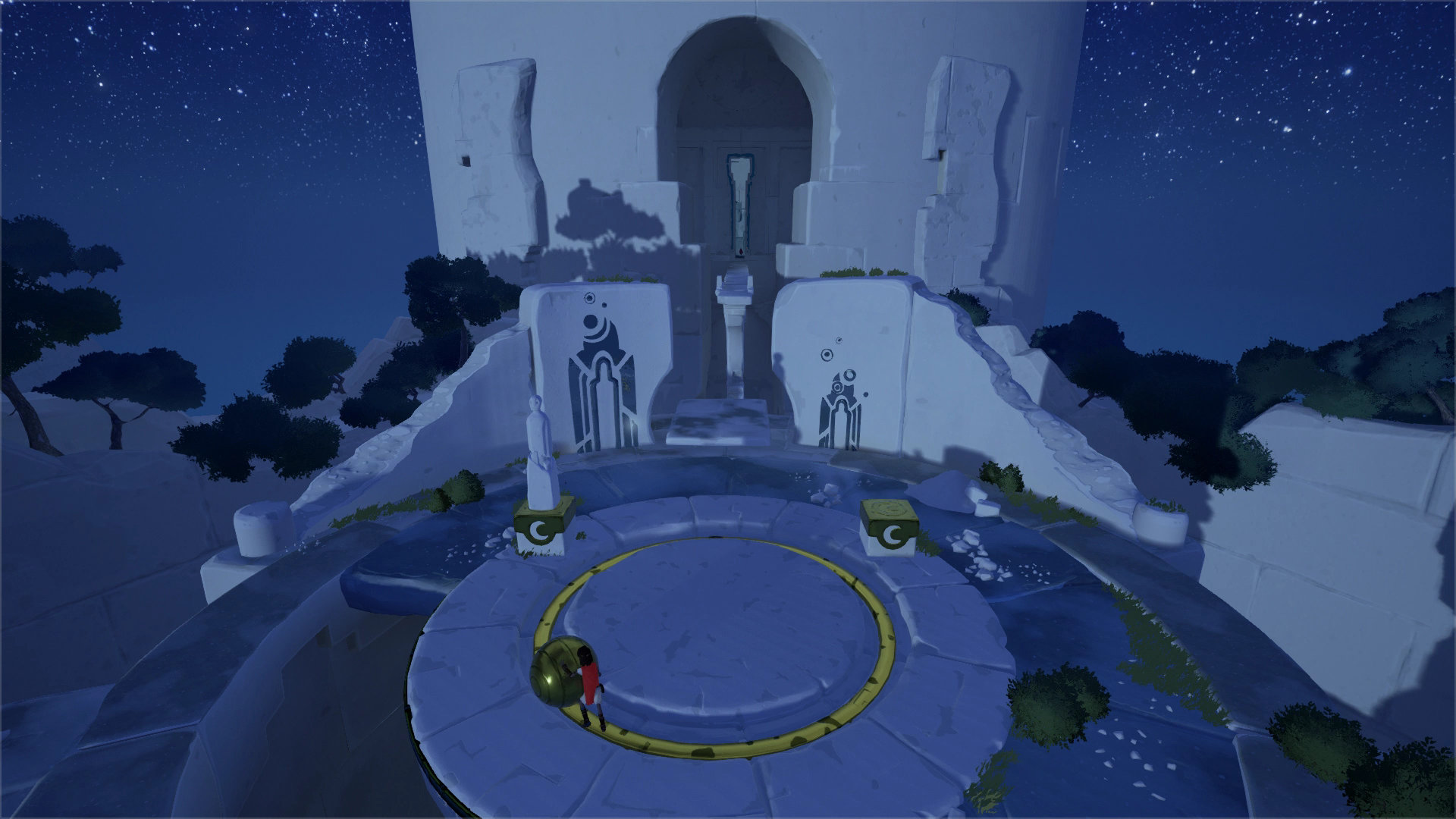
It didn't take long before Sony swooped in to acquire the IP, ushering it onto the stage at gamescom 2013. It was an indie game bursting with promise, and one that had many PlayStation fans looking to the advent of the PS4 with a hushed excitement.
But Rime quietly fell off the radar, and the ensuing radio silence led many to question whether Sony had pulled the plug altogether. In August 2016, Tequila Works announced plans to acquire the IP back from Sony amid allegations of internal strife -- the Japanese platform-holder purportedly took issue with the lack of progress and pulled all dev kits -- promoting Rime from PS4 exclusive to a multiplatform title.
-
Coming to Switch Later in 2017
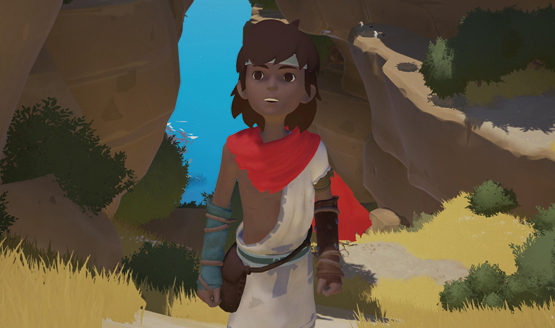
Those platforms include PS4, Xbox One and PC, along with the Nintendo Switch. Rime will make its way to the latter platform later this summer, and it'll cost a little more than its forebears.
Tequila Works said, "The MSRP of the Switch version is based on development and go-to-market costs, which can vary for each platform."
-
A Long, Meandering Journey to Launch
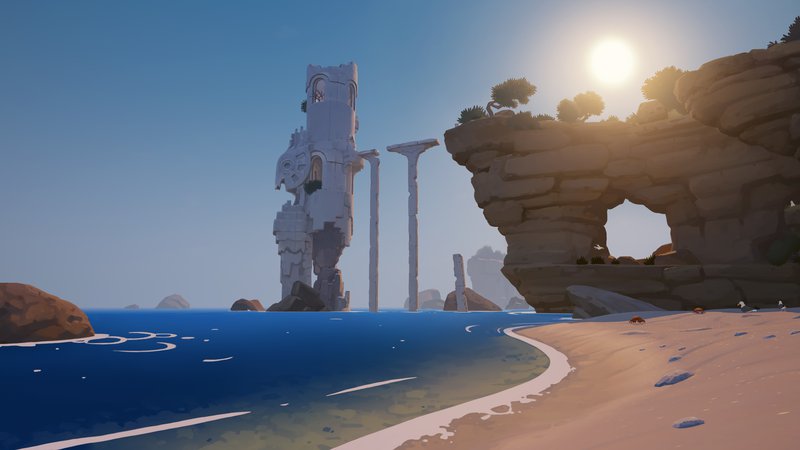
When pulled together, it makes for quite the journey, and we all know how much the video game industry enjoys a good comeback story.
Reflecting on that prolonged dev cycle, Rime's creative director Raul Rubio noted that "there were a lot of moments where we thought that the game wasn’t going to be released. In fact, I was completely sure of that once. Fortunately, that didn’t happen."
“We are now using Unreal Engine 4. That engine has evolved, so we can include many more features and visual effects that weren’t possible then. Now we have a bigger structure and many islands, not just one.”
-
$29.99 Price Point
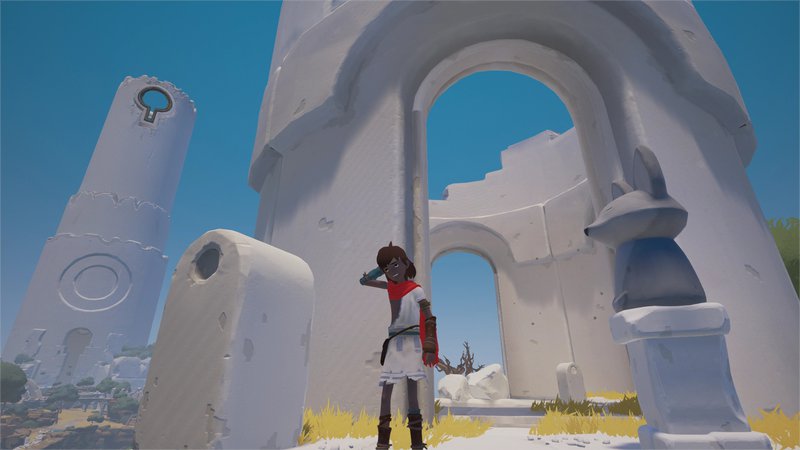
For those on PS4, Xbox One and PC, Rime will be priced at $29.99 at launch.
Said Tequila: "It is true that bringing Rime to other platforms has meant additional workload for the team, but being able to share our vision with a wider audience makes that extra effort worth it."
-
Pre-Order to Receive a Dynamic Theme
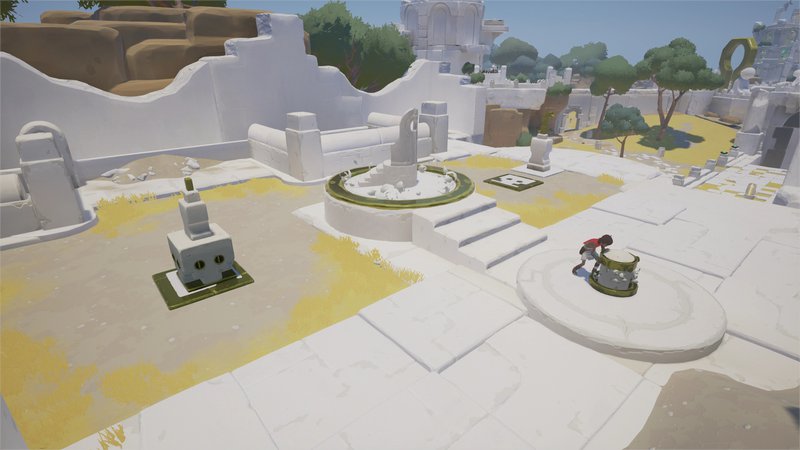
Digital pre-orders are now open, and if you choose to put your money down ahead of time, you'll be able to unlock a lush dynamic theme.
-
Physical Release Locked In
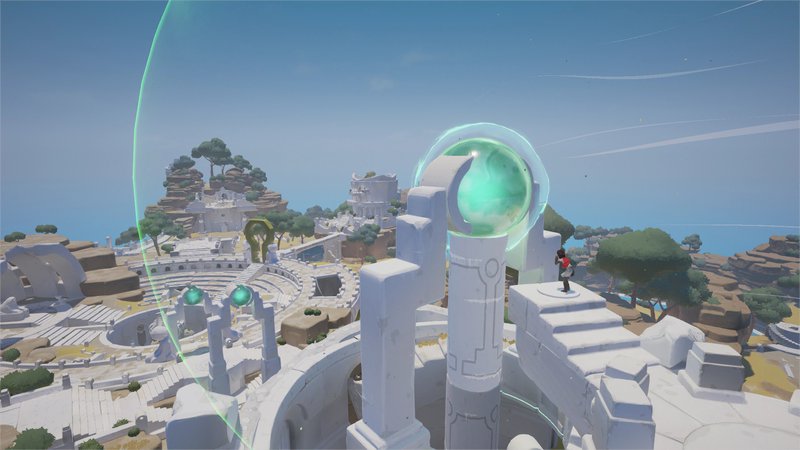
Between them, publishers Grey Box and Six Foot settled on a physical release for Rime because the game is "not like a typical indie project."
"We announced it in 2013, we had a trailer in 2014 that was also very popular, so the name of Rime, I think [publisher Grey Box] thought it was worth it to take on the stores. I don’t know if other indie games will work the same way, though."
-
Better on PS4 Pro
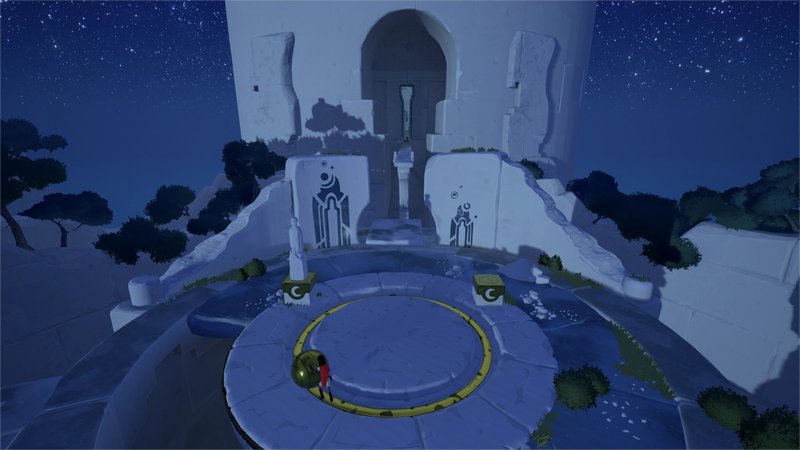
Targeting 30fps/1080p on PlayStation 4 and Xbox One, Rime will offer a small visual upgrade for those on Pro.
That said, Tequila wants to strike a balance between "having more frame rate than in a normal PS4 but adding some visual improvements that helped Rime to look even better."
Those improvements are as follows:
- Much better quality of the shadows.
- Temporal antialiasing has better quality, obtaining more definition and quality in the AA filter.
- The LODs’ distance has been tweaked to increase the visual quality of fauna and flora during the time they are rendered.
- More definition in the texture filter.
- The VFX, shaders, materials and translucency has better quality too so we can have, for example, more realistic metals, better screen space reflections and better detail level in general.
-
Extended Gameplay
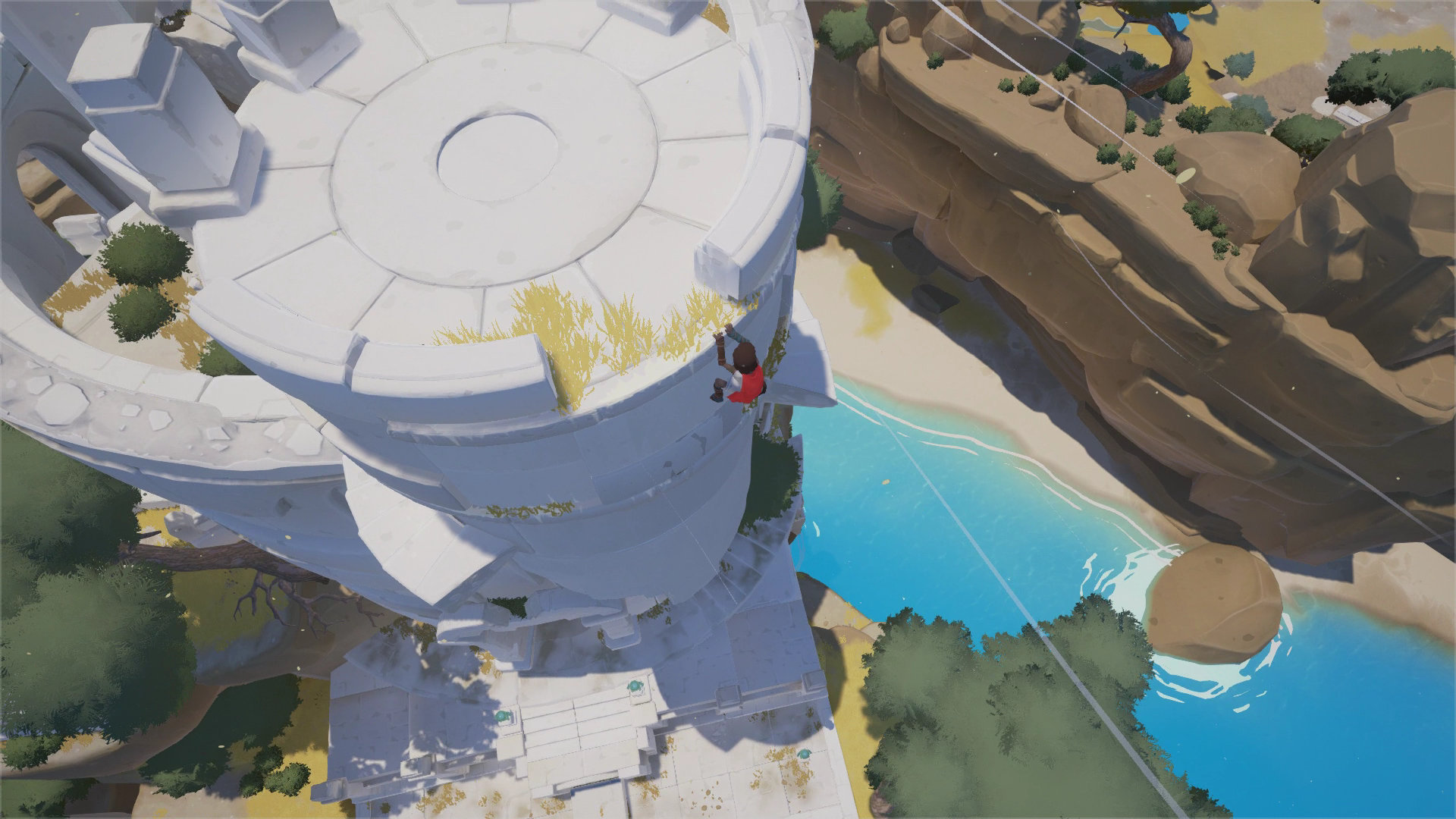
Per IGN, here’s an extended peek at Rime in action. Spoilers: it looks beautiful.
-
ESRB Rating
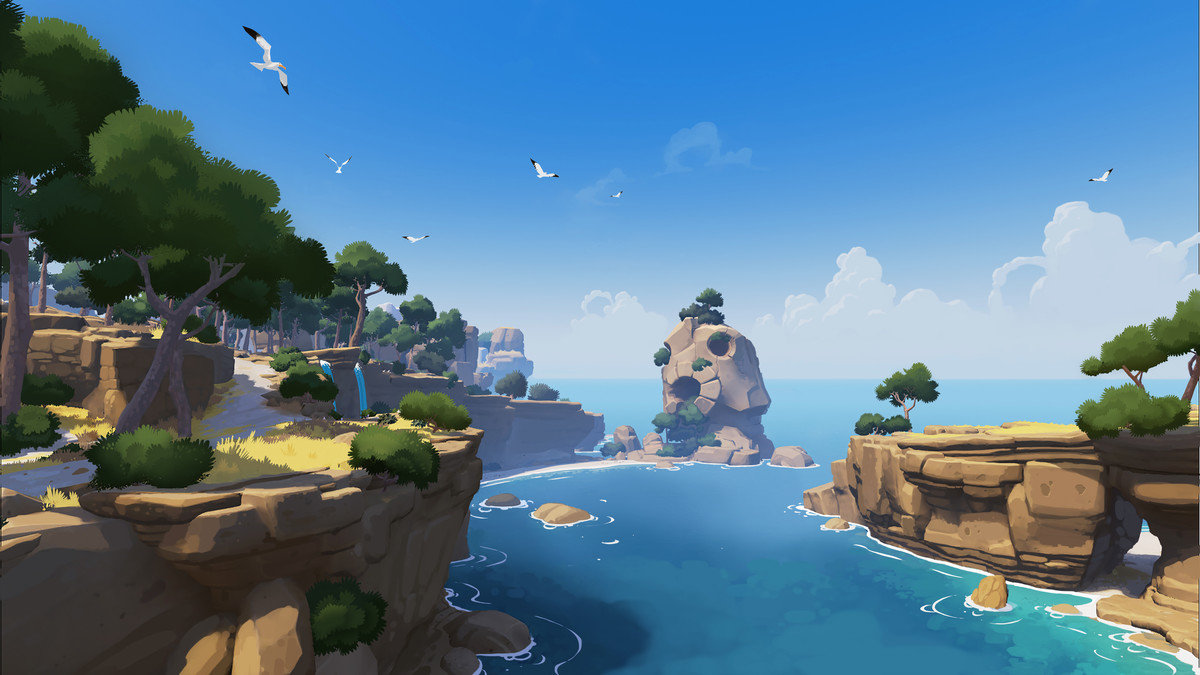
It's official: Rime has rated E for Everyone.
"This is a puzzle-adventure game in which players assume the role of a young boy stranded in the ruins of a mysterious island. As players traverse platform environments and search for clues, they must solve puzzles in order to progress. Several areas contain ghoul-like enemies that siphon energy from the player's character and must be defeated with beams of light. Some sequences contain thematic elements and additional acts of violence: a character falling from a boat in a storm; a creature struck by lightning."
-
Tequila Levels on Sony Split
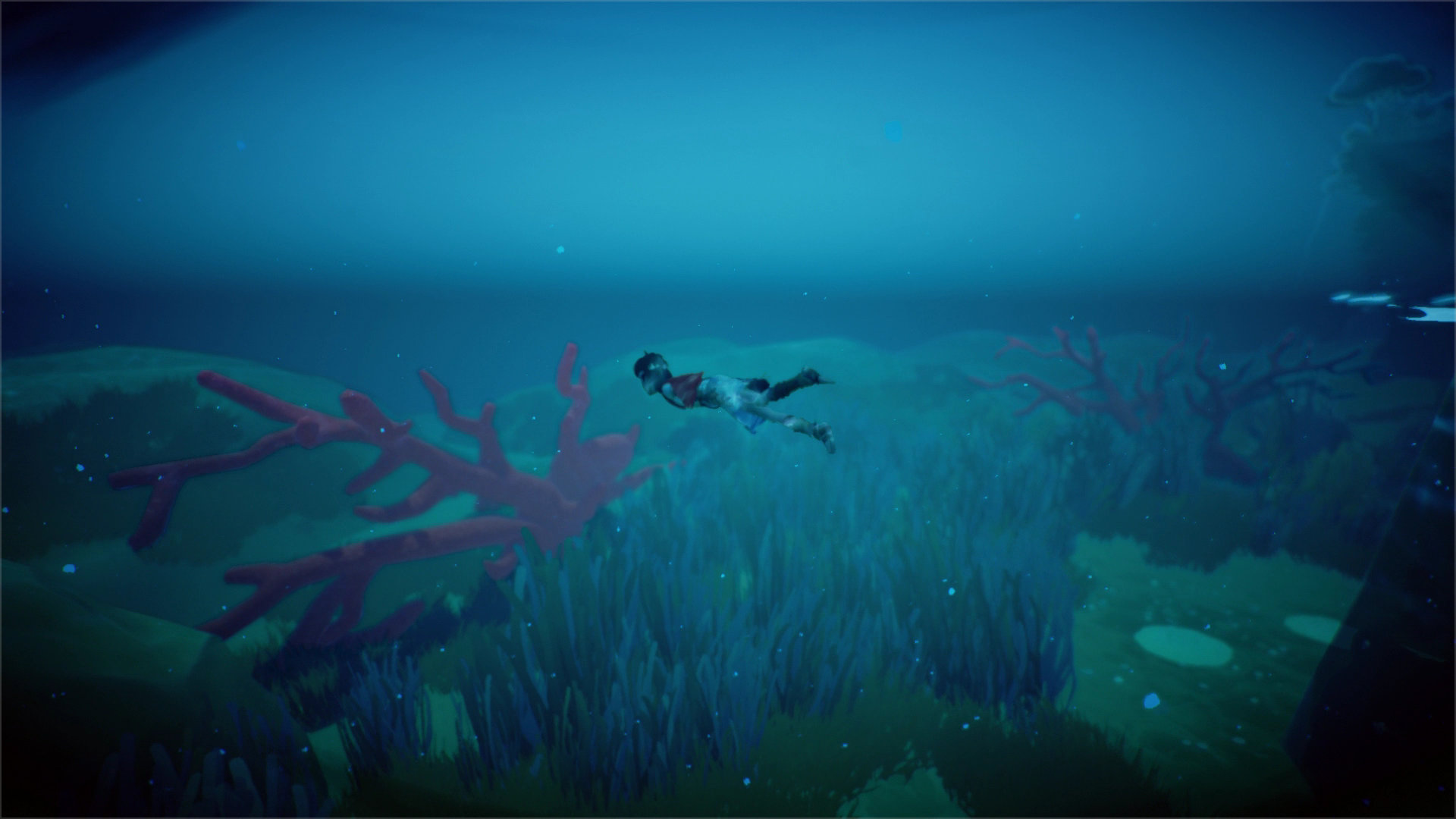
Tequila's PR expert José Herráez recently offered up some context on the studio's decision to part ways with Sony.
“We decided that having the IP rights for one of our properties, and a game that was always conceived and planned, and dreamt of by Tequila Works, should remain in house. And that was why we reacquired the rights to the IP, and we came to this agreement with Sony, it was all on friendly terms. And of course, you know this industry has a lot of gossip and rumors, but really, that’s it. It’s not a complicated story."
-
A Curious Indie Title
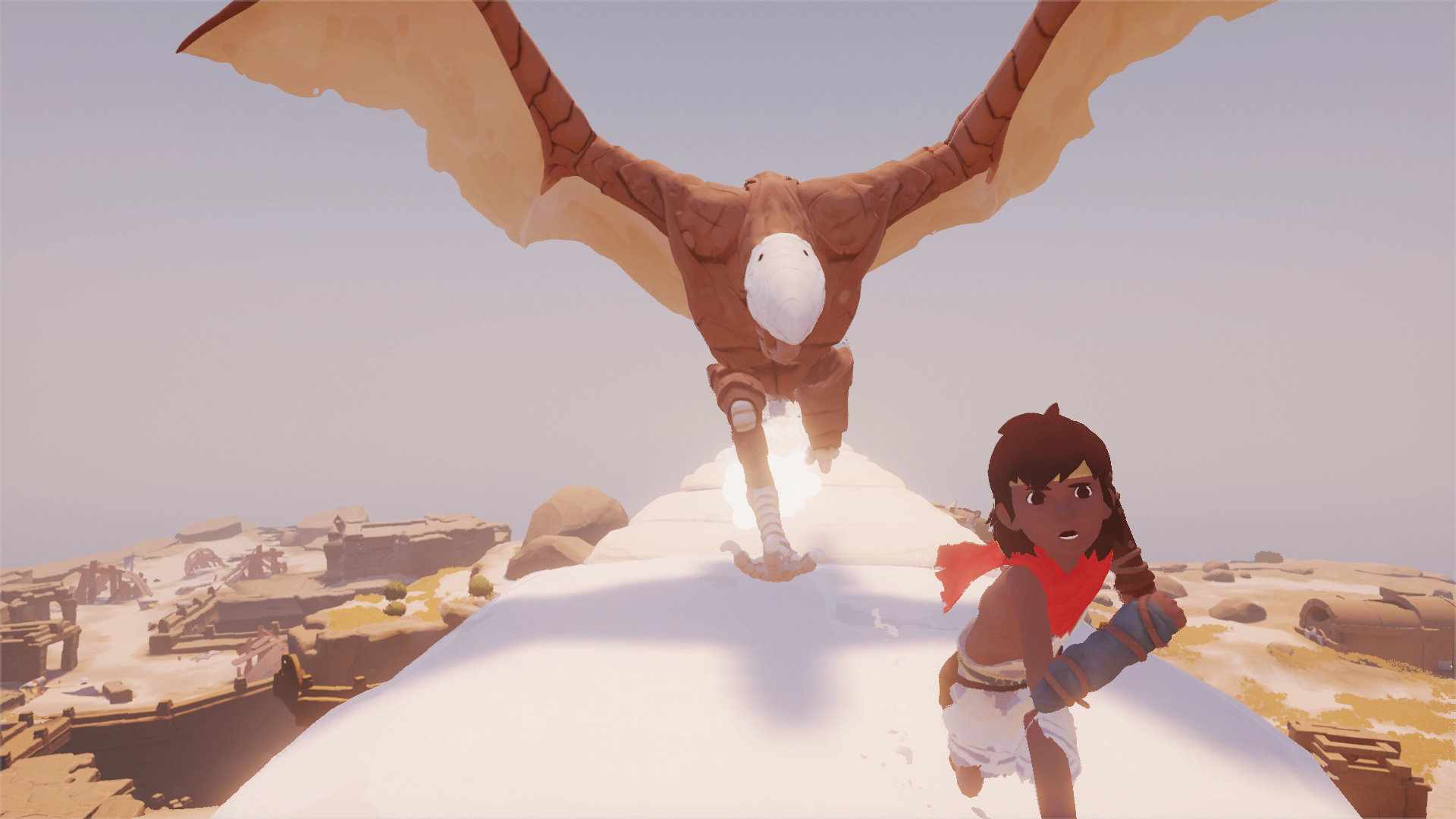
And we're not just talking about the sense of mystery swirling around Rime's beautiful island. Tequila Works has nailed down plans to release a physical version of its long-brewing adventure game, but the studio's producer Miguel Paniagua doesn’t think that all indies have a place in stores.
-
A Wondrous Journey Awaits
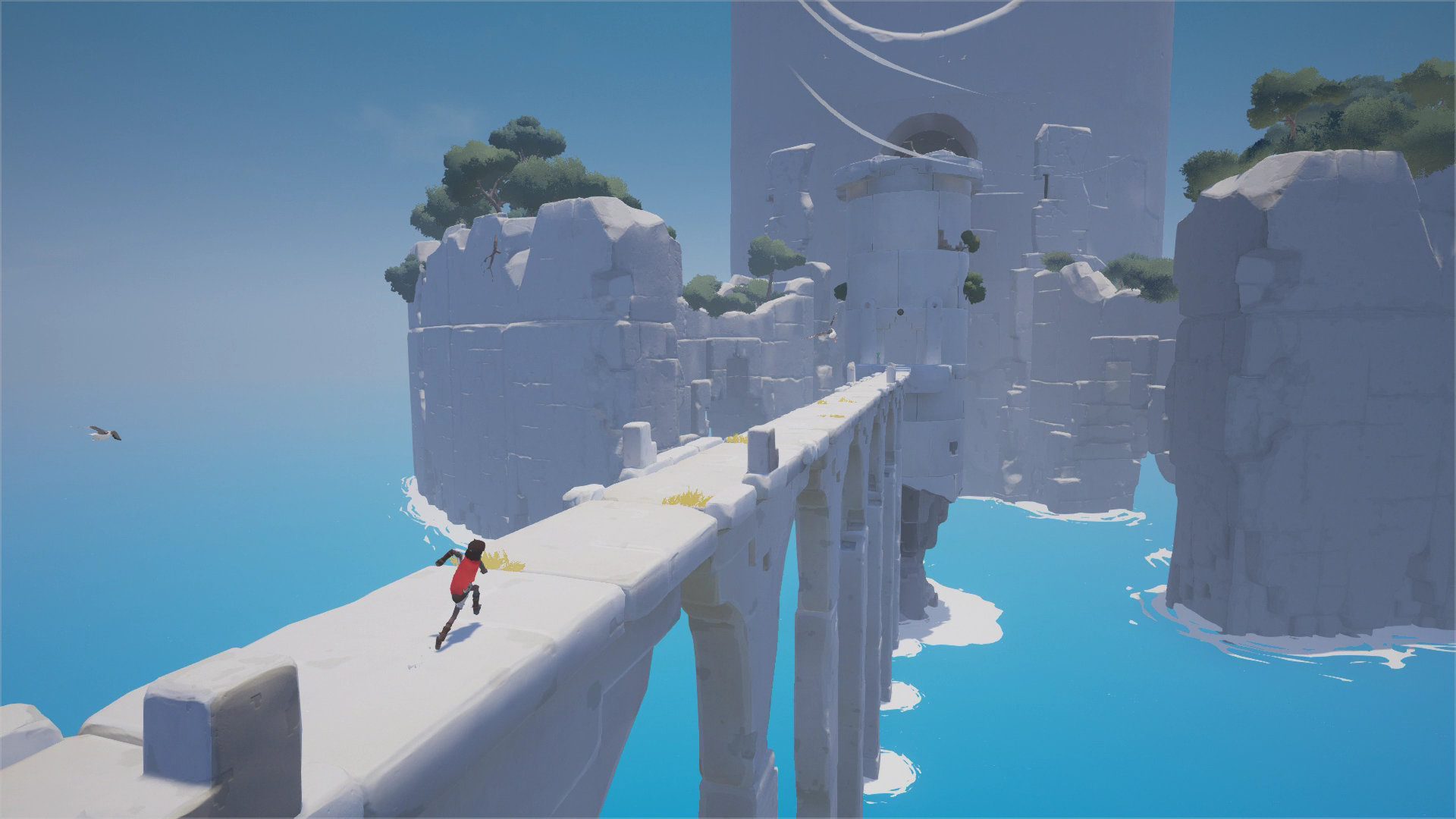
Before Rime switched gears to become a multiplatform title, we pinpointed the reasons why Tequila's genre mash-up piqued our curiosity from the outset.
-
Our Final Verdict
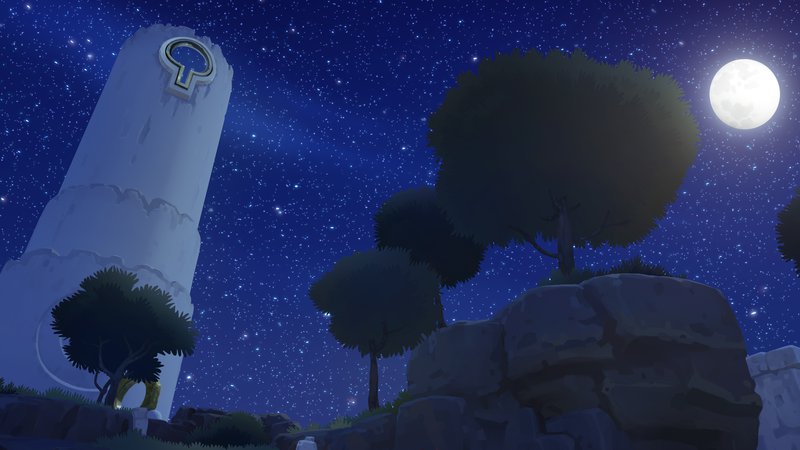
Tequila Works is yet to specify an exact embargo date for Rime, but whenever PSLS' final verdict does go live, expect to find Chandler's name on the masthead.
